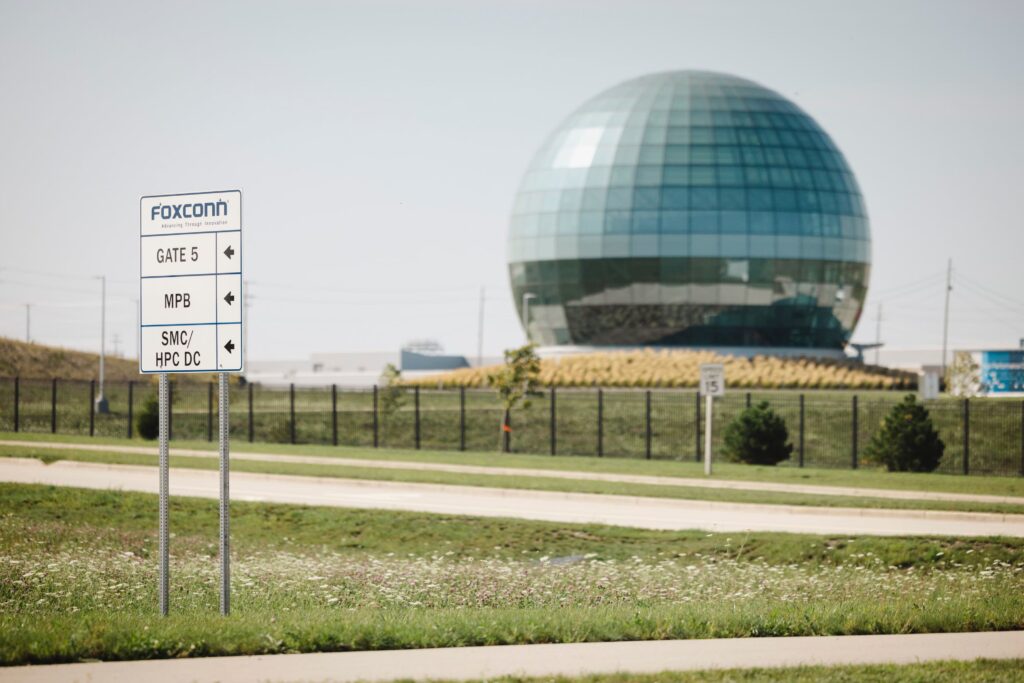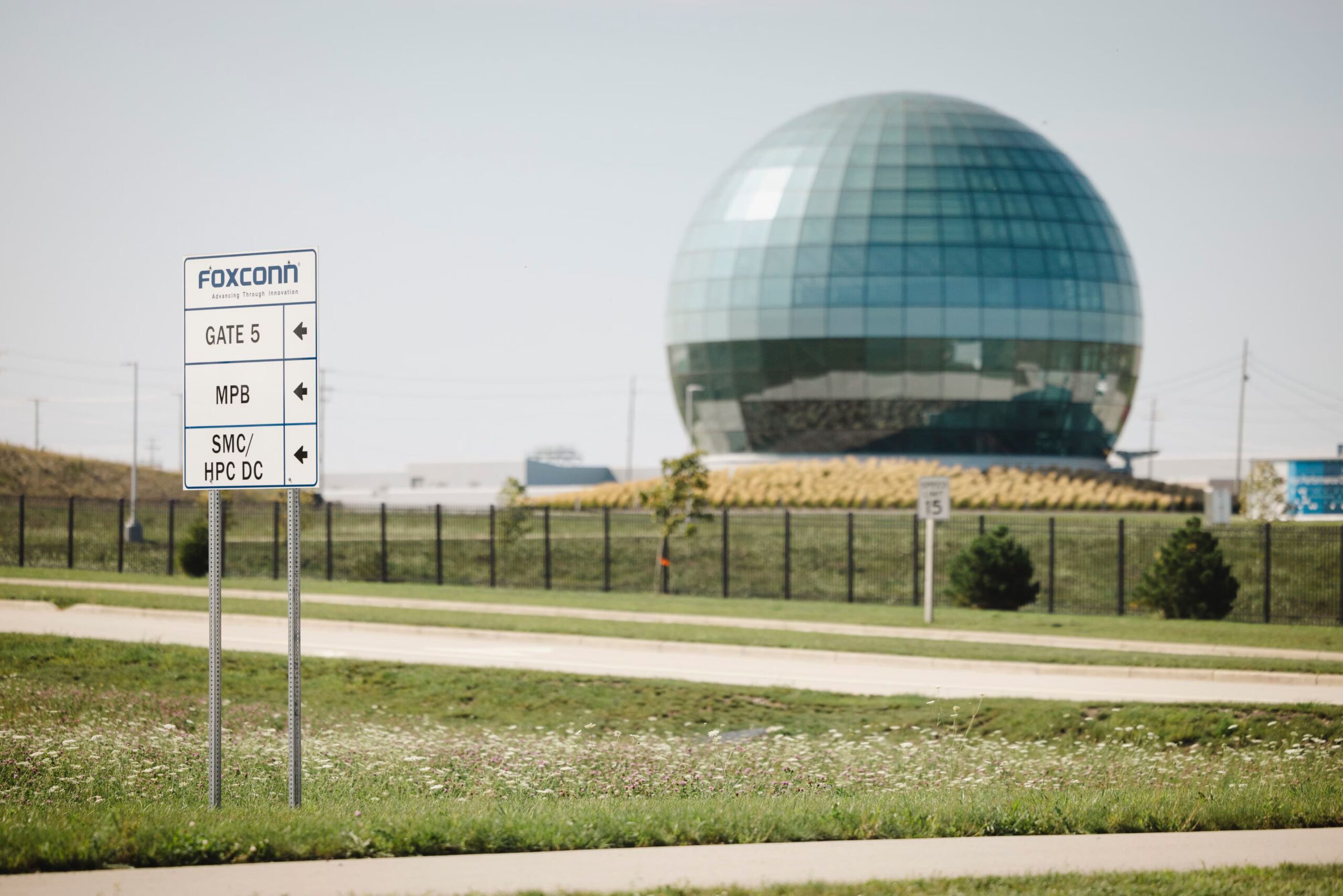Amazon Plans to Build High-Security Data Center in Australia
In a significant move to bolster Australia’s cyber defense capabilities, Amazon.com Inc. has announced a partnership with the Australian government to build a state-of-the-art cloud data system. This initiative is set to handle top-secret information and enhance the nation’s security infrastructure. Deputy Prime Minister Richard Marles revealed the collaboration with Amazon Web Services (AWS), the cloud computing arm of Amazon, at a press conference in Canberra on Thursday morning.
A Major Investment in National Security

Image Source: rnz.co.nz
The Australian government has committed to investing at least A$2 billion ($1.3 billion) over the next decade into this ambitious project. While the exact locations of the data centers and the specific nature of the information they will house remain undisclosed, Marles emphasized the critical role these facilities will play in strengthening Australia’s defense capabilities.
“This cutting-edge technology will enhance Defence’s resilience,” said Marles, who also serves as the defense minister. He highlighted that the new system would not only improve the Australian Defence Force’s war-fighting capacity but also strengthen interoperability with key international partners, including the United States. The project is expected to create up to 2,000 jobs for Australians, contributing significantly to the nation’s economy and technological advancement.
Strengthening International Cyber Cooperation
The announcement of this partnership comes as part of a broader trend of countries investing in high-security data infrastructure. In 2021, AWS secured a NZ$7.5 billion ($5.3 billion) deal to build similar centers in New Zealand, and there were reports in the same year that the UK’s intelligence services had signed agreements to utilize cloud services for their top-secret data.
Under the new agreement, Amazon will construct three purpose-built facilities across Australia. These centers will primarily store top-secret information from the country’s defense and intelligence agencies, enhancing the security and operational capabilities of these critical sectors. This strategic collaboration is expected to deepen security cooperation between Australia and the United States, reinforcing the alliances that underpin global security frameworks.
In conclusion, the partnership between Amazon and the Australian government marks a significant step forward in fortifying the nation’s cyber defense infrastructure. As the world increasingly relies on digital information and cloud services, such investments are crucial for maintaining national security and ensuring resilience against emerging threats. The new high-security data centers will not only provide robust support for Australia’s defense operations but also signify a strong commitment to international cooperation in the realm of cyber security.

I am a law graduate from NLU Lucknow. I have a flair for creative writing and hence in my free time work as a freelance content writer.








